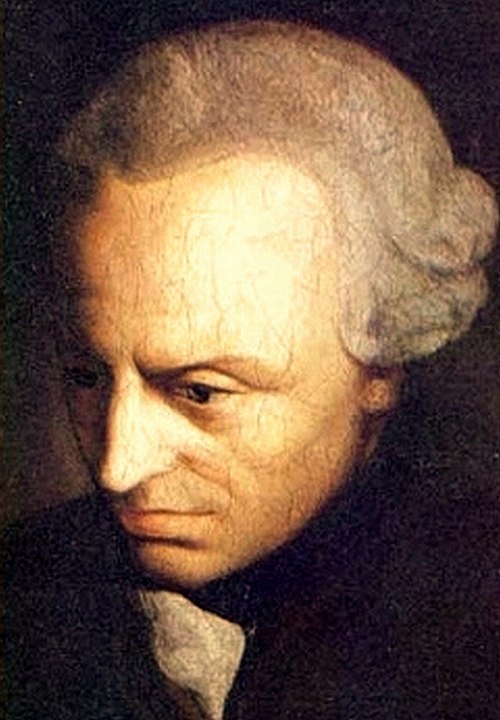Truthnoun
True facts, genuine depiction or statements of reality.
Truthnoun
Conformity to fact or reality; correctness, accuracy.
Truthnoun
The state or quality of being true to someone or something.
Truthnoun
(archaic) Faithfulness, fidelity.
Truthnoun
(obsolete) A pledge of loyalty or faith.
Truthnoun
Conformity to rule; exactness; close correspondence with an example, mood, model, etc.
Truthnoun
That which is real, in a deeper sense; spiritual or ‘genuine’ reality.
Truthnoun
(countable) Something acknowledged to be true; a true statement or axiom.
Truthnoun
Topness. (See also truth quark.)
Truthverb
To assert as true; to declare; to speak truthfully.
Truthverb
To make exact; to correct for inaccuracy.
Truthverb
To tell the truth.
Truthnoun
The quality or being true; as: - (a) Conformity to fact or reality; exact accordance with that which is, or has been; or shall be.
Truthnoun
Conformity to rule; exactness; close correspondence with an example, mood, object of imitation, or the like.
Truthnoun
That which is true or certain concerning any matter or subject, or generally on all subjects; real state of things; fact; verity; reality.
Truthnoun
Fidelity; constancy; steadfastness; faithfulness.
Truthnoun
A true thing; a verified fact; a true statement or proposition; an established principle, fixed law, or the like; as, the great truths of morals.
Truthnoun
The practice of speaking what is true; freedom from falsehood; veracity.
Truthnoun
Righteousness; true religion.
Truthverb
To assert as true; to declare.
Truthnoun
a fact that has been verified;
Truthnoun
conformity to reality or actuality;
Truthnoun
a true statement;
Truthnoun
the quality of nearness to the truth or the true value;
Truthnoun
United States abolitionist and feminist who was freed from slavery and became a leading advocate of the abolition of slavery and for the rights of women (1797-1883)
Truth
Truth is the property of being in accord with fact or reality. In everyday language, truth is typically ascribed to things that aim to represent reality or otherwise correspond to it, such as beliefs, propositions, and declarative sentences.Truth is usually held to be the opposite of falsehood.
Wisdomnoun
(uncountable) An element of personal character that enables one to distinguish the wise from the unwise.
Wisdomnoun
(countable) A piece of wise advice.
Wisdomnoun
The discretionary use of knowledge for the greatest good.
Wisdomnoun
The ability to apply relevant knowledge in an insightful way, especially to different situations from that in which the knowledge was gained.
Wisdomnoun
The ability to make a decision based on the combination of knowledge, experience, and intuitive understanding.
Wisdomnoun
(theology) The ability to know and apply spiritual truths.
Wisdomnoun
The quality of being wise; knowledge, and the capacity to make due use of it; knowledge of the best ends and the best means; discernment and judgment; discretion; sagacity; skill; dexterity.
Wisdomnoun
The results of wise judgments; scientific or practical truth; acquired knowledge; erudition.
Wisdomnoun
accumulated knowledge or erudition or enlightenment
Wisdomnoun
the trait of utilizing knowledge and experience with common sense and insight
Wisdomnoun
ability to apply knowledge or experience or understanding or common sense and insight
Wisdomnoun
the quality of being prudent and sensible
Wisdomnoun
an Apocryphal book consisting mainly of a meditation on wisdom; although ascribed to Solomon it was probably written in the first century BC
Wisdom
Wisdom, sapience, or sagacity is the ability to think and act using knowledge, experience, understanding, common sense and insight. Wisdom is associated with attributes such as unbiased judgment, compassion, experiential self-knowledge, self-transcendence and non-attachment, and virtues such as ethics and benevolence.Wisdom has been defined in many different ways, including several distinct approaches to assess the characteristics attributed to wisdom.













